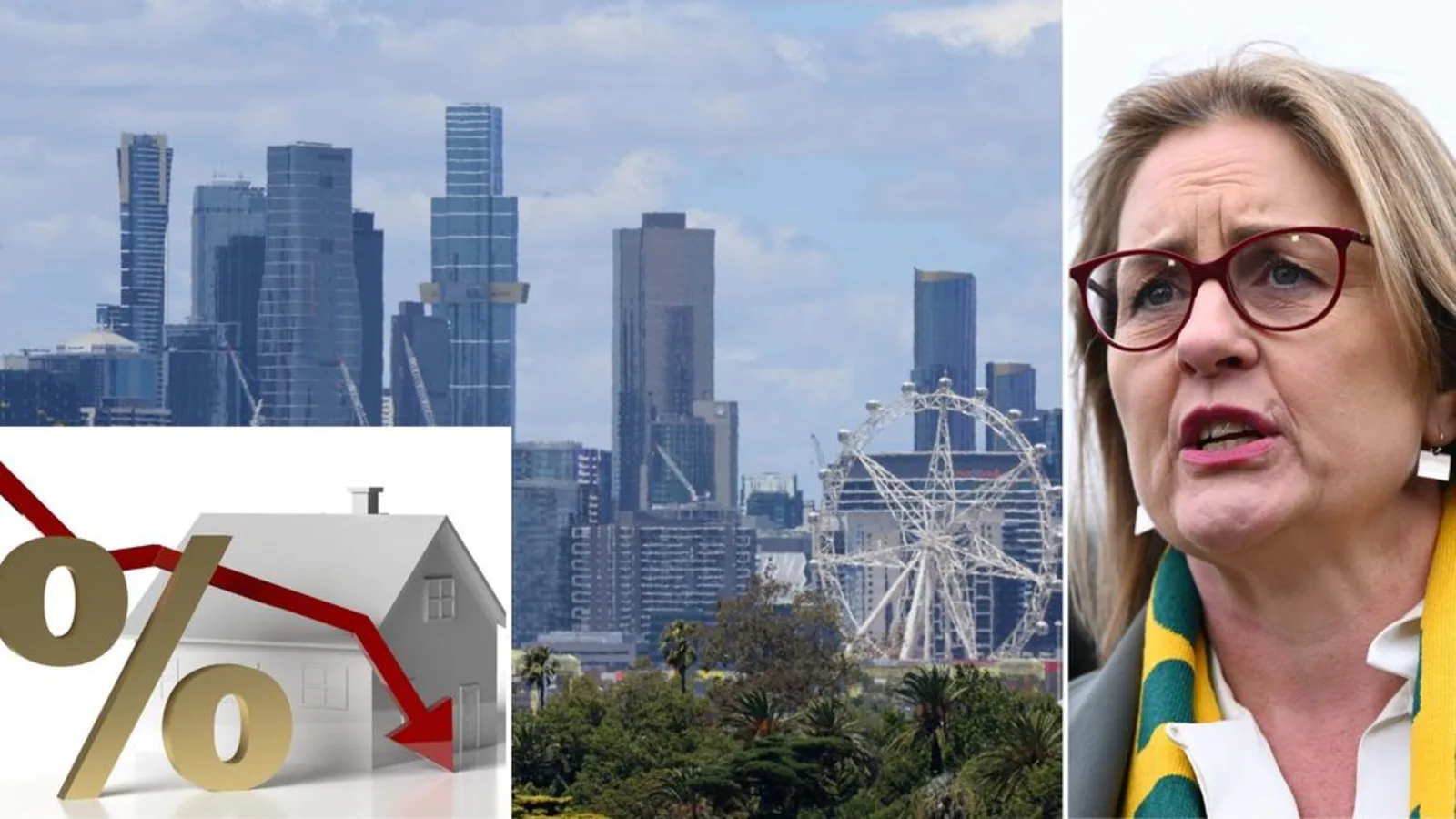Victorian property experts have warned next month’s state budget is facing a property investor-shaped hole, with fears stamp duty and land tax will be hit by a landlord exodus.
Despite Real Estate Institute of Victoria data released today showing a 10,000 increase in homes sold in the past year, industry leaders are worried landlords selling up in response to increased taxes will be limiting the cash inflow to state coffers.
State Treasury forecasts indicate Spring St is expecting $8.08m in land transfer duty, or stamp duty, from the current financial year.
But with data suggesting first-home buyers who do not pay stamp duty have outpaced investors in the past year, Property Investors Council of Australia board director Ben Kingsley said the state could have collected far more tax if landlords were not leaving in droves.
“The government would collect more overall revenue if they had more activity from investors,” Mr Kingsley said.
“The challenge that they’ve also got is … if the government receives revenue from stamp duty based on turnover, and that turnover is definitely migrating from an investor to a first-home buyer – they are not receiving the full tote of what they could collect.”
In the 12 months to September last year the state’s supply of rental homes fell by more than 24,700 amid a landlord exodus that the REIV and leading property voices have warned has continued since then — many of these residences have been bought by first-home buyers who do not have to pay stamp duty or land tax.

Premier Jacinta Allan’s government last year introduced higher land taxes for people who own an investment or secondary property, such as a holiday home, worth $50,000 or more.
The REIV’s chief executive Kelly Ryan said reasons behind investors selling up ranged from the 130-plus rental reforms the state government has introduced since 2019, with more flagged for the future, to increased land taxes intended to help pay off Covid-era debt.
Ms Ryan said an unintended long-term consequence of landlords fleeing the state was the impact upon on the state budget’s bottom line.
“The land tax revenue won’t absolutely meet the aspirations that they thought that it might have, because I’m sure they forecast a small diminishment in investment, but probably not as great as what we’re actually seeing in the market,” she said.
Auction figures from Australia’s largest real estate company, Ray White, show Victoria has a higher number of investors selling, compared to the national average.
More than 28 per cent of the 5008 Victorian auctions the agency conducted across the 12 months to April 1 were landlords selling up, compared to 23 per cent from the 16,225 auctions held nation-wide in the same time frame.
Ms Ryan added that a proposed new property tax to replace the Fire Services Property Levy, in an effort to raise more than $2bn to prop up Victoria’s emergency services, pointed to the Allan government having a budget shortfall they needed to address.


